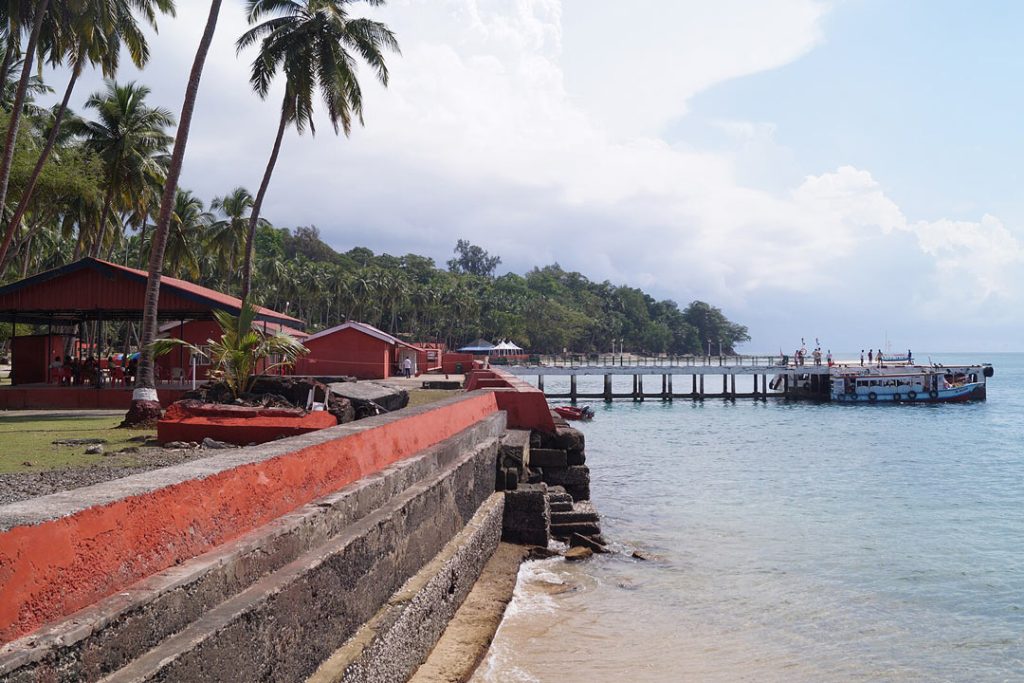
Trying to shed colonial legacies, the Indian government has renamed Port Blair, the capital of the Andaman and Nicobar Islands, Sri Vijaya Puram.
Union Home Minister Amit Shah unveiled the decision on September 13, 2024, reflecting India’s ongoing efforts to reclaim its cultural and historical identity.
Historical context and symbolism
The renaming to Sri Vijaya Puram, which translates to “Victory City” in Sanskrit, is not merely a change in nomenclature but a profound statement on India’s freedom struggle.
The name encapsulates the spirit of victory achieved during India’s fight for independence, particularly pointing out the Andaman and Nicobar Islands’ pivotal role.
These islands, once a strategic naval base during the Chola Empire, have been historically significant. They hosted Netaji Subhas Chandra Bose’s first unfurling of the Indian Tricolour and were home to the Cellular Jail, where freedom fighters like Veer Savarkar were imprisoned.
Political reactions
The decision has sparked mixed reactions across the political spectrum.
The Bharatiya Janata Party (BJP) has embraced the change, viewing it as a necessary step to erase the reminders of British rule. Andaman and Nicobar BJP MP Bishnu Pada Ray described the renaming as “much-needed,” emphasizing the psychological liberation from colonial memories.
Congress party criticized the process, highlighting the lack of public consultation. TSG Bhasker from the Andaman and Nicobar Territorial Congress expressed regret over the government’s unilateral decision-making, suggesting a disconnect with local sentiments.
Strategic aspirations
Beyond symbolism, Sri Vijaya Puram is poised to become a critical base for India’s strategic and developmental aspirations in the Bay of Bengal region. The renaming aligns with broader geopolitical strategies, making the Andaman and Nicobar Islands a key player in India’s maritime security and economic development plans.